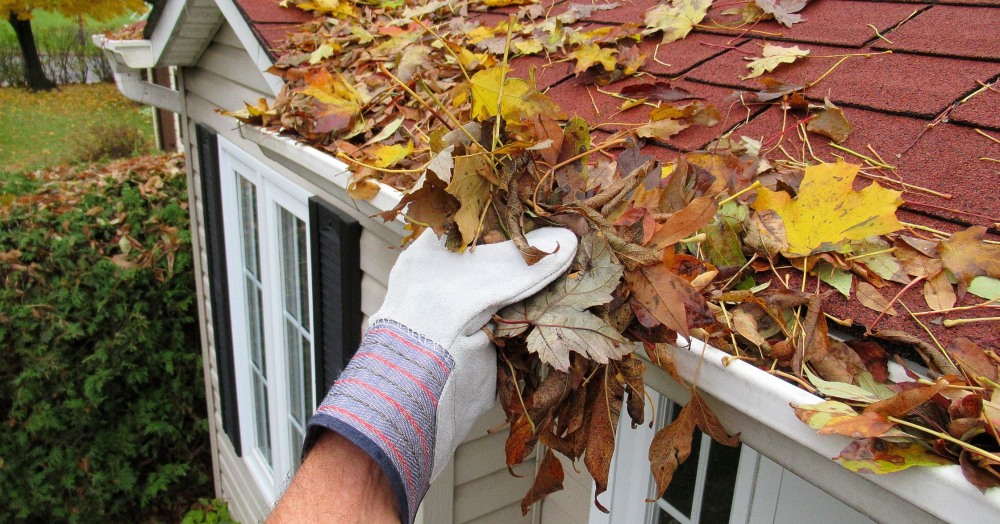As temperatures drop, it becomes essential for landlords to ensure their rental properties are prepared for winter. Proactive maintenance not only protects the property but also helps tenants stay safe and comfortable throughout the colder months.
1. Boiler & Heating System Servicing
- A functioning, efficient heating system is crucial during winter.
- Arrange an annual boiler service by a Gas Safe registered engineer.
- Check radiators for cold spots and bleed them if needed.
- Ensure the heating system maintains adequate pressure.
- Remind tenants how to operate the heating controls efficiently.
2. Insulation & Draught-Proofing
- Good insulation helps keep energy bills manageable for tenants and protects the property from damp.
- Inspect loft insulation and top up where necessary.
- Check for draughts around windows, external doors, and letterboxes.
- Ensure pipes in unheated areas are insulated to prevent freezing.
3. Gutters, Drains & Roof Checks
- Winter weather can highlight issues with drainage and roofing.
- Clear gutters of leaves, moss, and debris to prevent blockages.
- Inspect downpipes for leaks or cracks.
- Check the roof for missing tiles, loose flashing, or signs of wear.
- Look for damp patches in loft spaces or ceilings.
4. Smoke & Carbon Monoxide Alarms
Safety checks are a legal requirement for landlords.
Test smoke alarms and replace batteries if needed.
Ensure carbon monoxide alarms are installed where there are solid fuel appliances or gas boilers.
Record all alarm checks for compliance purposes.
5. Preventing Frozen Pipes
- Freezing temperatures can cause pipes to burst, leading to major water damage.
- Insulate exposed pipework, especially in lofts, garages, and outbuildings.
- Consider advising tenants to keep heating on a low, consistent setting during cold spells.
- Ensure tenants know where the stopcock is located in case of emergency.
6. Windows, Doors & Ventilation
- Poor ventilation can lead to condensation and mould during winter.
- Check seals on windows and external doors.
- Make sure extractor fans in kitchens and bathrooms are working properly.
- Remind tenants to ventilate rooms regularly to reduce moisture build-up.
7. Outdoor Areas & Pathways
- Exterior safety is just as important.
- Check that external lighting is working, especially around entrances and pathways.
- Ensure paths and driveways are clear and safe.
- Secure outbuildings, fencing, and gates before winter storms arrive.
8. Tenant Communication
- Good communication helps prevent small issues turning into bigger problems.
- Provide tenants with guidance on heating, ventilation, and what to do in emergencies.
- Share contact details for reporting repairs.
- Encourage early reporting of any damp, leaks, or heating problems.
Preparing your rental property for winter is essential for both safety and long-term maintenance. Taking these steps now can help avoid disruptions, protect your investment, and ensure your tenants remain comfortable during the colder months.
